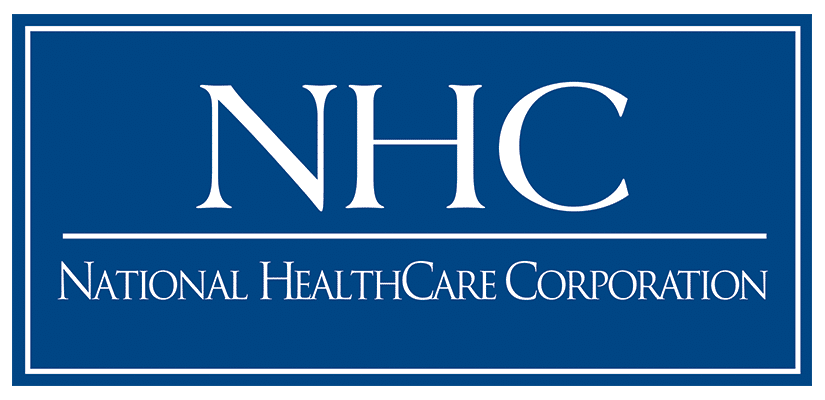Rick Sellars
Rick Sellars is Assistant Vice President of Assisted Living and Independent Living Operations for NHC Healthcare. His experience as administrator of senior care centers for more than 30 years has greatly benefited the NHC centers and their families. Mr. Sellars has been recognized as Administrator of the Year and has served on the national board of the American College of Healthcare Administrators, as well as on the state board of the South Carolina Healthcare Association, where he was Chairman of the Board for three years.

What are some things to know about Rick?
Rick tells us that he is lucky to have fallen into a job that he has loved from the very start. He originally began as an EMT and then began the path to administration. Years later, he now has three sons who have followed in his footsteps of becoming administrators of centers. Finding time to talk with the residents of the assisted living centers have been some of his favorite moments, learning about the rich and varied lives they lived. He has spent time with everyone from celebrities like Sarah Cannon (Minnie Pearl) to WWI And WWII veterans who stormed the beaches at Normandy.
What is assisted living?
Assisted living may vary by the resident’s needs. In general, assisted living is luxury apartment living for those who may need assistance with dressing, grooming, meal preparation, medication management and other things. They have determined they no longer can or want to keep up a home and need a little extra help.
Assisted living has also grown to mean a short term stay for a person while their family is out of town. It can also serve as that little extra time needed for a patient that was discharged from rehab but is not quite ready to return home. The patient and a caregiver can live in an apartment and spend 1 week to 10 days learning how to live on their own for when they are back in their home.
What are some of the benefits of assisted living?
Residents in assisted living have so many advantages for a full and rich life without isolation or loneliness. They benefit from well-planned nutritious meals. Activity therapists are on staff to help with exercise, games, parties and even a happy hour in some locations. If there is any need for medical assistance, there is always someone there to help.
What are some signs someone might need assisted living?
Family members often recognize that their loved one is not eating right, not getting exercise, can’t keep up with routine chores, and needs help bathing and dressing. They may not be taking their medications regularly and may feel more comfortable with a safety net around them that our centers can provide.
What is the difference between a skilled nursing center and an assisted living center?
A skilled nursing center is more of a medical setting with 24-hour licensed nurses available. The needs of a skilled nursing patient dictate a hospital-type room, in a hospital-like setting with a hospital bed.
In assisted living, residents have their own beds in their own apartments, surrounded by their personal belongings. They enjoy a residential environment with a medical safety net available in case of emergencies.
All of our assisted living centers are on the same campus with our skilled nursing centers. If a resident has a hospital stay and needs skilled nursing, it can be accessed on the same campus. That is particularly helpful to couples, where one may be in assisted living while another is being treated in skilled nursing. We refer to it as a “continuum of care,” and it has been a vital benefit for our residents and patients since our founder, Dr. Adams, entrusted us with the mission of providing the best possible care.
What are some favorite moments working in assisted living?
You are never too old to have fun! Some of the best times are when the staff and residents are doing activities together. They have costume parties, seasonal plays, or activities. One year, the residents and staff teamed up to act out the Twelve Days of Christmas. There’s always something exciting going on in the centers for our residents!
